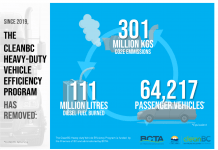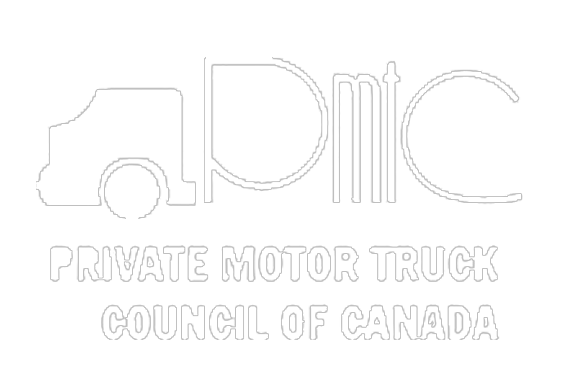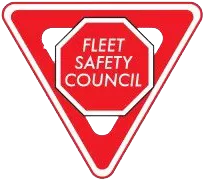We all know that truck driving can be a demanding, grueling, and often thankless job. A survey conducted by CareerCast rated the trucking profession as one of the highest stressful jobs in America. These stressors affect their mental health leading to depression and anxiety, one of the most common issues in the industry. In honor of National Mental Health Awareness Month, one thing trucking carriers can do to be better stewards of mental health for their drivers is to pause for a moment and reflect on what they offer in the way of mental health support and examine how they can do better.
It’s essential that carriers have plans and policies in place to support driver mental health because it protects the lives and driving longevity of the driver as well as the public on the road.
Read on for 5 tips carriers can use to support the mental health of their drivers:
Promote Healthy Living Habits
Mental health IS physical health. Providing education and support for eating healthy, regular meals and offering information about easy exercises and stretches to do on the road goes a long way towards preventing and easing stressors with drivers.
It’s also a good idea to partner with a mental health digital app that offers easy access to licensed counselors, fitness challenges, and health coaches.
Offer AND Champion Supportive Resources
Carriers should have 24/7 driver-centric mental health support accessible via a provider that specializes in the trucking industry. A vendor like this knows the lifestyle challenges of drivers and can easily relate to them for helping them get better in whatever issue they’re going through. Change is hard and when it’s done a driver’s way and they feel seen and heard, that’s when true transformation happens.
It’s also a best practice in the carrier’s best interest to include robust Mental Health Services on your health insurance offerings.
Talk About It
One of the biggest hurdles with mental health issues is some professions such as truck driving, have a stigmatization around talking about it. The best thing you can do for your drivers is to promote mental health awareness and early intervention through monthly communications, driver meetings, personal assessments, and touch base with your road warriors often. Ensure you have an easy and accessible way to communicate with them while on the road.
In your messaging to your workforce and in your policies, examine your language to eliminate stigmatization of mental health services. Ensure that drivers understand how physical and mental health are correlated, and stress the connection between the two.
To really take things to the next level, you’ll need to acknowledge within your business that difficult and awkward issues exist. Shed light on things that are traditionally swept under the rug, like mental health, domestic violence, and substance use. Emphasize that help is available and in fact it is encouraged to take advantage of the provided resources when they are needed.
One of the biggest concerns amongst drivers is that the use of supportive resources will harm their career. We encourage carriers to clearly state the opposite: that it’s not using them when they are needed that can be detrimental to one’s career in transportation.
Offer Good Training
Mental health support and de-stigmatization is a trickle-down effect. Everyone from the leaders at the top to the managers at the source needs to be on the same page, so train your managers and leaders about the business importance of mental health and the investment you want to make in the well-being of your workforce. Encourage everyone to speak up and be progressive thought leaders.
Know The Warning Signs
Prevention, while key, can only take things so far. Knowing the signs to look for when someone is struggling can help you identify drivers who need support and get them the help they need before problems occur.






















